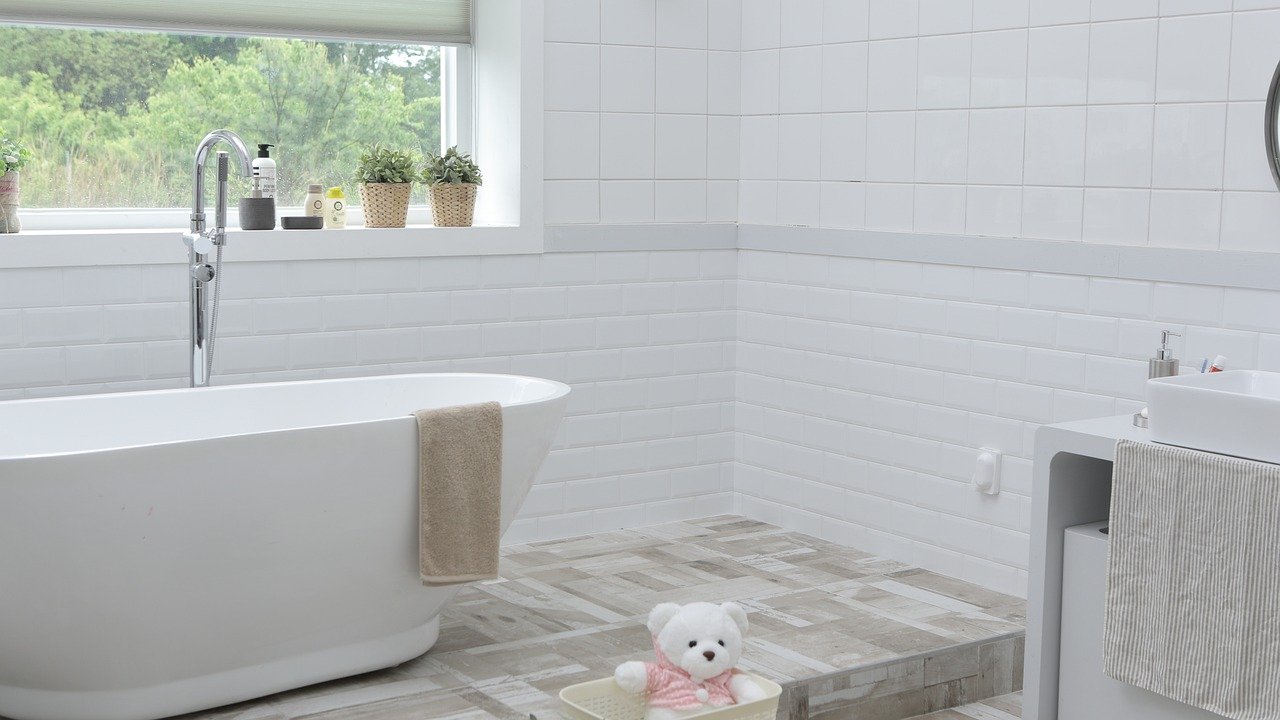Property value is a crucial aspect of real estate that influences not only the buying and selling process but also investment decisions. It generally refers to the monetary worth of a property, which can fluctuate based on various factors. One primary determinant is location; properties situated in desirable neighborhoods or areas with good schools, amenities, and low crime rates tend to command higher prices. Additionally, market trends also play a significant role; a seller’s market, where demand outstrips supply, typically drives up property values, while a buyer’s market may lead to lower prices.
The condition of the property itself is another critical factor in determining its value. Homes that are well-maintained, free of significant issues, and aesthetically pleasing to potential buyers generally attract higher appraisals. Key elements such as modern fixtures, updated kitchens and bathrooms, and fresh paint can significantly enhance the property’s visual appeal and functional utility. Consequently, investing in home improvements is not merely about aesthetics; it also addresses practical concerns that prospective buyers may have.
Interestingly, not all improvements require substantial investments. Minor renovations, such as landscaping, painting, or updating light fixtures, can yield impressive returns in property value. Such enhancements cater to both aesthetic preferences and essential living requirements, appealing to a broader range of buyers. In a competitive real estate market, these improvements can differentiate a property from similar listings, creating an advantage that ultimately leads to a higher selling price.
Therefore, understanding what drives property value is essential for homeowners considering improvements. By aligning upgrades with market demands and focusing on essential improvements, homeowners can enhance both the appeal and utility of their properties, ensuring long-term value growth.

Key Home Improvement Projects for High Return on Investment
Home improvement projects not only enhance the aesthetic appeal of a property but also significantly boost its market value. Among the many options available, certain renovations have consistently shown high returns on investment (ROI). One of the most impactful projects is a kitchen remodel. According to recent studies, homeowners can recover approximately 70% to 80% of the investment in a minor kitchen renovation. Enhancements might include updating cabinetry, installing new countertops, or modernizing appliances. Such improvements not only increase functionality but also attract potential buyers looking for a contemporary culinary space.
Another area worth considering is bathroom upgrades. Typically, a bathroom remodel can yield an ROI ranging from 60% to 70%. Simple adjustments, such as replacing fixtures, adding new tiles, or improving lighting, can transform a dated bathroom into a desirable retreat. Investors should prioritize creating a clean, organized, and stylish environment to appeal to a broad audience.
Landscaping enhancements also play a crucial role in increasing property value. Curb appeal remains a significant factor in how a home is perceived by potential buyers. Spending around 10% of a home’s value on landscaping can yield returns of up to 100%. Simple upgrades like planting new trees, installing a lawn, or adding outdoor lighting enhance not only the aesthetic but also the functionality of outdoor spaces.
Lastly, energy-efficient installations, such as new windows, insulation, or solar panels, are increasingly appealing in today’s market. These improvements not only reduce utility costs but can also enhance property value by as much as 60% to 80% of the initial investment. Emphasizing sustainability can attract environmentally conscious buyers, making energy efficiency a worthwhile consideration for homeowners aiming to maximize their returns.

Tips for Choosing the Right Projects
Selecting home improvement projects that enhance property value requires careful consideration of various factors. To begin with, it is essential to establish a clear budget. Homeowners must assess their financial situation to determine how much they can invest in potential renovations without overstretching their resources. By setting a budget, homeowners can prioritize projects that provide the best return on investment, ensuring that expenditures do not exceed the projected value boost.
Additionally, evaluating the current state of the property plays a critical role in project selection. Conducting a home inspection can reveal necessary repairs or upgrades that should be addressed before considering more cosmetic improvements. For instance, issues related to plumbing, electrical systems, or roofing could significantly affect property value; therefore, these areas might warrant immediate attention before embarking on aesthetic projects.
Another significant factor is the standards and expectations of the neighborhood. Researching recently sold homes in the area can offer insights into what buyers are looking for and which upgrades are trending. Elements such as landscaping, kitchen remodels, or even energy-efficient installations may appeal to potential buyers and enhance resale potential. Consulting local real estate experts can provide valuable information on what improvements yield the best returns in specific neighborhoods.
Lastly, collaborating with professional contractors can ensure that chosen projects align with industry standards and quality. Contractors can provide estimates, timelines, and specialist advice, helping homeowners determine the most suitable renovations that balance cost against value. By taking these considerations into account, homeowners will be better positioned to choose home improvement endeavors that effectively boost property value while maintaining financial prudence.

DIY vs. Hiring Professionals
The choice between undertaking a home improvement project as a DIY endeavor or hiring professionals is a critical consideration for homeowners. Both options come with an array of advantages and disadvantages that can significantly impact the outcome of the project and, ultimately, the value it adds to the property. Budget implications often play a vital role in this decision-making process. DIY projects can be more cost-effective, allowing homeowners to save on labor costs. However, it is essential to consider the time commitment and the potential expenses associated with purchasing tools and materials. In contrast, hiring professionals usually entails higher upfront costs but can ensure quality workmanship and adherence to building codes.
Another factor to contemplate is the skill level required for the task at hand. Some home improvement projects, such as simple painting or gardening updates, are well within the reach of an average homeowner. Conversely, projects involving electrical systems, plumbing, or structural changes require a level of expertise that many homeowners may not possess. In such scenarios, hiring a qualified professional could avoid costly mistakes and ensure the work is completed to a high standard.
Potential pitfalls of DIY projects must also be acknowledged. A lack of experience can lead to errors that compromise both the aesthetics and functionality of a renovation. Homeowners should be aware of any necessary permits and inspections that may apply to their projects to avoid legal repercussions or the need for costly remediation. To find reliable contractors, homeowners should seek recommendations, read reviews, and verify certifications. Real-life examples highlight the necessity of this balance; for instance, a homeowner may successfully renovate a bathroom but should consider a professional for more complex kitchens or room additions. Ultimately, understanding when to take on a project independently versus hiring a professional can maximize the value added to your property.